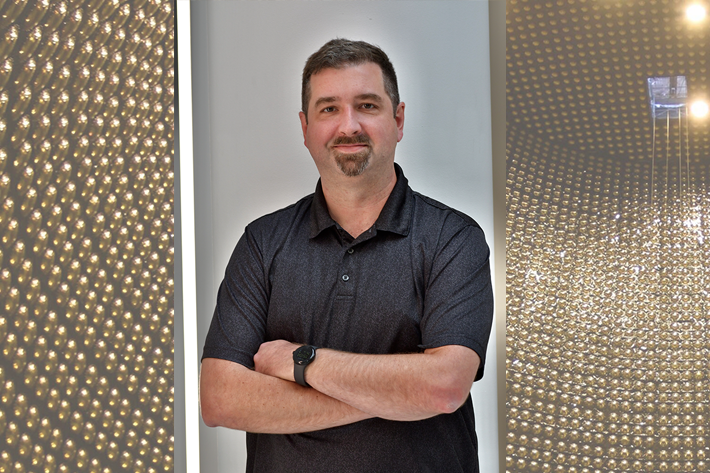Events
Events Calendar
Universe in the Park: Lake Maria State Park
Friday, Aug. 13, 2021, 8:30 p.m. through Friday, Aug. 13, 2021, 10:03 p.m.
Lake Maria State Park
Please check this link for the schedule of locations:
https://cse.umn.edu/mifa/public-events/universe-park
Universe in the Park: William O'Brien State Park
Saturday, July 31, 2021, 8:45 p.m. through Saturday, July 31, 2021, 10:01 p.m.
Universe in the Park is a summer outreach program hosted by the Minnesota Institute for Astrophysics and area state and local parks. This annual program is headed by faculty member Evan Skillman and graduate student Nico Adams.
At our events, representatives of the Institute will present a short (~20 min) outdoor public talk and slide show. Presentations cover a variety of astronomical topics such as: the history of matter, how astronomers "see," and a journey through our solar system. For our 2021 season, we will be giving these talks outdoors to ensure they are as safe as possible.
Afterwards, if weather allows, attendees have the opportunity to view the sky through multiple 8-inch reflecting telescopes, operated by the staff and provided by the Minnesota Institute for Astrophysics. Additionally, we provide free star maps (e.g., www.skymaps.com) and are happy to show visitors how to use them. Throughout the evening, we encourage questions from the audience and enjoy discussing topics ranging from backyard astronomy to the latest scientific discoveries.
Through these events, we hope to convey the excitement of modern astronomical research while simultaneously providing an enjoyable introduction to amateur astronomy. Although a vehicle permit is usually required to enter the parks, the events are free to the public. Please join us!
Universe in the Park: Lowry Nature Center
Saturday, July 24, 2021, 8:45 p.m. through Saturday, July 24, 2021, 10 p.m.
Universe in the Park is a summer outreach program hosted by the Minnesota Institute for Astrophysics and area state and local parks. This annual program is headed by faculty member Evan Skillman and graduate student Nico Adams.
At our events, representatives of the Institute will present a short (~20 min) outdoor public talk and slide show. Presentations cover a variety of astronomical topics such as: the history of matter, how astronomers "see," and a journey through our solar system. For our 2021 season, we will be giving these talks outdoors to ensure they are as safe as possible.
Afterwards, if weather allows, attendees have the opportunity to view the sky through multiple 8-inch reflecting telescopes, operated by the staff and provided by the Minnesota Institute for Astrophysics. Additionally, we provide free star maps (e.g., www.skymaps.com) and are happy to show visitors how to use them. Throughout the evening, we encourage questions from the audience and enjoy discussing topics ranging from backyard astronomy to the latest scientific discoveries.
Through these events, we hope to convey the excitement of modern astronomical research while simultaneously providing an enjoyable introduction to amateur astronomy. Although a vehicle permit is usually required to enter the parks, the events are free to the public. Please join us!
Universe in the Park: Eastman Nature Center
Saturday, July 17, 2021, 8:45 p.m. through Saturday, July 17, 2021, 10 p.m.
The Minnesota Institute for Astrophysics (MIfA) invites you to join us at our free outdoor Universe in the Park events this weekend. At these events, graduate students from MIfA will give a short (~20 minute) outdoor talk about a topic in space science or astronomy. Attendees will be able to look through telescopes set up and directed by graduate students from MIfA, weather allowing. They will also give a short (~20 minute) talk about space science or astronomy.
Workshop on Quantum Materials: New Insights from Neutron Scattering
Wednesday, June 9, 2021, 9:45 a.m. through Thursday, June 10, 2021, 4:30 p.m.
via Zoom. Register for information. (Registration is free and open to the first 300 people to sign up)
Center for Quantum Materials, Oak Ridge National Laboratory and Argonne National Laboratory present a workshop featuring talks by:
- Simon Billinge, Columbia University
- Collin Broholm, Johns Hopkins University
- Morten Eskildsen, University of Notre Dame
- Bruce Gaulin, McMaster University
- Alexander Grutter, National Institute of Standards and Technology
- Mingda Li , Massachusetts Institute of Technology
- Sajna Hameed, University of Minnesota
- Peter Littlewood, University of Chicago
- Despina Louca, University of Virginia
- Martin Mourigal, Georgia Institute of Technology
- Sebastian Mühlbauer, Technische Universität München
- Raymond Osborn, Argonne National Laboratory
- Damjan Pelc, University of Zagreb
- Natalia Perkins, University of Minnesota
- Kate Ross, Colorado State University
- Alan Tennant, Oak Ridge National Laboratory
- John Tranquada, Brookhaven National Laboratory
- Zhentao Wang, University of Minnesota
- Stephen Wilson, University of California, Santa Barbara
Kristen McQuinn, Rutgers University: Dwarf Galaxies as Time Machines
Tuesday, May 18, 2021, 5:30 p.m. through Tuesday, May 18, 2021, 6:30 p.m.
The zoom can be found on the WAPHLS Website https://sites.google.com/umn.edu/wipaumn/waphls), or by using the direct link (https://umn.zoom.us/j/96986229329?pwd=TUZ1ODBKVmY4OThodnlGWG5YNzd3Zz09 pwd: n*4r2M).
Dwarf Galaxies as Time Machines Abstract: The smallest galaxies in our Universe encode their history in the age of their stars and in the distribution of their chemical elements, yielding some of the most precise observational constraints on galaxy evolution across 10 billion years of time. Because they are also the most fragile of galaxies – susceptible to both powerful internal events like supernovae and external forces like the radiation field that pervades space – the survivability and present-day properties of dwarfs also provide unique tests for our theories of cosmology. I will describe some of the measurements we can make from dwarf galaxies and how these measurements constrain our models of galaxy evolution.
Commencement Ceremony for the School of Physics and Astronomy
Monday, May 10, 2021, 7 p.m. through Monday, May 10, 2021, 8 p.m.
McNamara Alumni Center (graduates only) and online.
Members of the School of Physics and Astronomy would like to extend their congratulations to the Class of 2021. There will be a commencement ceremony on Monday May 10th, from 7:00-8:00pm at McNamara Alumni Center. In order to keep within social distancing guidelines, in person participation is limited to the graduates themselves. Guests and well-wishers will be able to watch the ceremony online via the link above.
Please join us in celebrating our graduates and their contributions to the School!
Colloquium: Dr. Jason Crnkovic, University of Mississippi
Thursday, April 29, 2021, 3:35 p.m. through Thursday, April 29, 2021, 4:35 p.m.
via Zoom: https://umn.zoom.us/j/95347694426
Abstract:The Fermilab Muon g-2 Collaboration has recently released its first measurement of the positive muon magnetic anomaly with a precision of 0.46 ppm. This measurement is consistent with the previous measurement made at Brookhaven National Laboratory, where there is a 4.2 standard deviation difference between the Standard Model prediction recommended by the Muon g-2 Theory Initiative and the combined first Fermilab and final BNL measurements. This difference hints at the possibility of physics beyond the Standard Model. This talk will give an overview of the Muon g-2 Experiment and the first measurement of the muon anomaly at Fermilab.
Colloquium will be preceded by short ceremony to honor scholarship and fellowship award recipients
Colloquium: Christophe Grojean, DESY
Thursday, April 22, 2021, 3:35 p.m. through Thursday, April 22, 2021, 4:35 p.m.
via Zoom: https://umn.zoom.us/j/95347694426
With the discovery of the long sought-after Higgs boson at CERN in July 2012, a new state of matter and a new dynamical principle have been revealed as essential building blocks of the fundamental laws of physics. It provides a solution to the half-century-old mass conundrum, i.e., the apparent incompatibility between the mass spectrum of the elementary particles and their fundamental interactions. I shall describe the Higgs physics precision program that will guide new physics searches at the high-energy frontier at the next runs of the LHC itself and at other future facilities.
Women in Physics and Astronomy talk: Marija Vucelja, University of Virginia
Tuesday, April 20, 2021, 5:30 p.m. through Tuesday, April 20, 2021, 6:30 p.m.
Zoom link can be found on the WAPHLs site
Abstract: Comparing two identical systems in their relaxation to the environment, we expect that the system with a smaller mismatch between its and the environment's temperature will thermalize faster -- yet it is not always the case. The Mpemba effect is an example of an anomalous relaxation process, where "hot cools down faster than cold" or "cold heads up faster than warm." The effect was experimentally observed in water, magnetic systems, clathrate hydrates, polymers, and colloidal particle systems. It was simulated in granular fluids, spin-glasses, driven gasses, quantum systems, magnetic alloys, and gases without equipartition. The numerous occurrences of the effect imply that it is general. To understand the general nature of the Mpemba effect, we theoretically study a model system -- the overdamped dynamics of a particle moving on a potential surface. We connect the occurrence of the Mpemba effect with the properties of the potential, characteristics of its meta-stable states, and provide further insight into anomalous relaxation processes.
School News
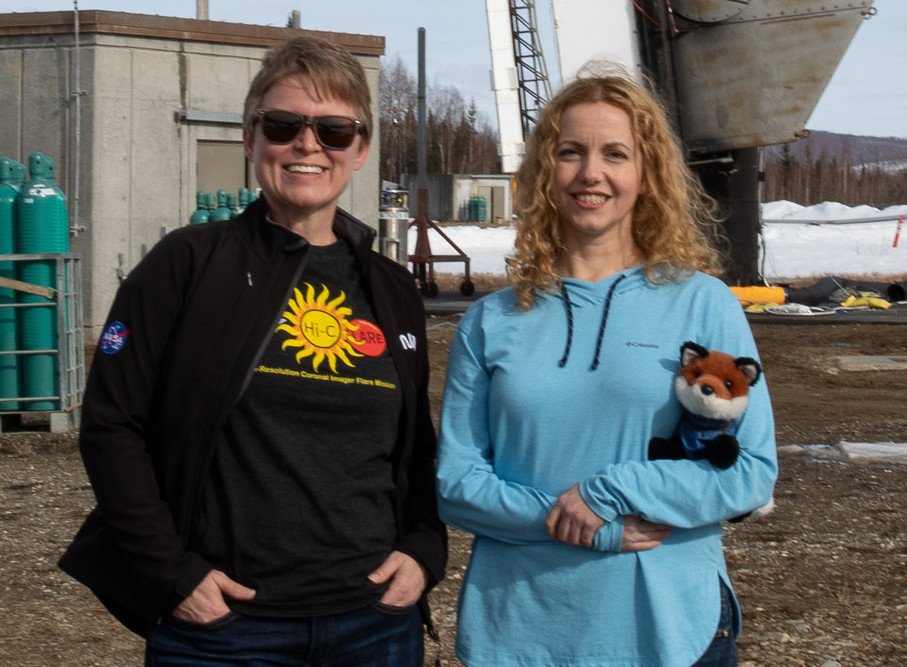
Glesener part of NASA's first solar flare observation campaign
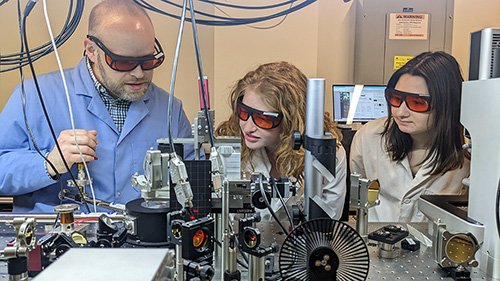
Inside Professor McLeod’s Nano-Imaging Laboratory
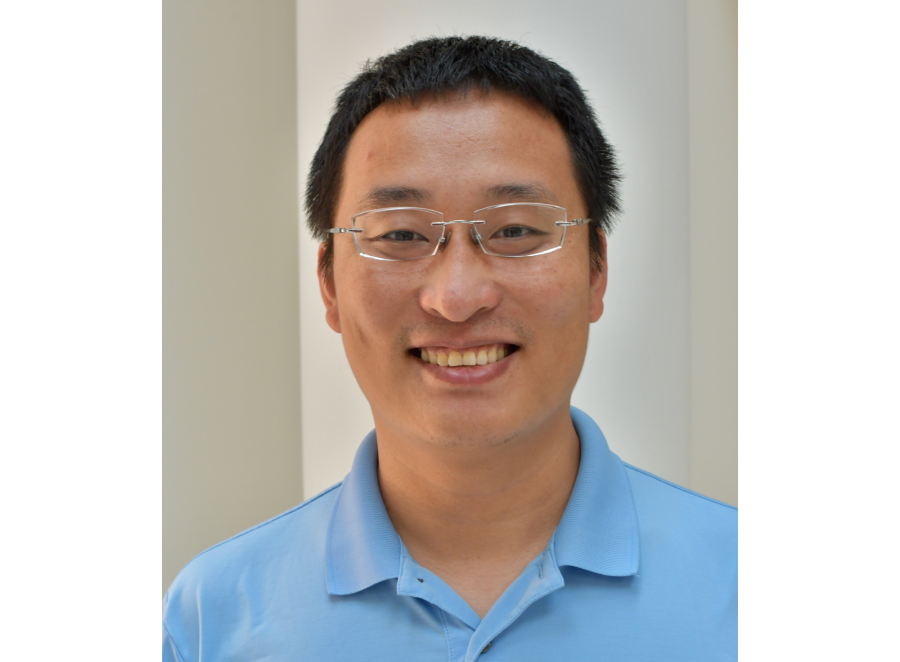
Liu receives prestigious Sloan Research Fellowship for early-career researchers
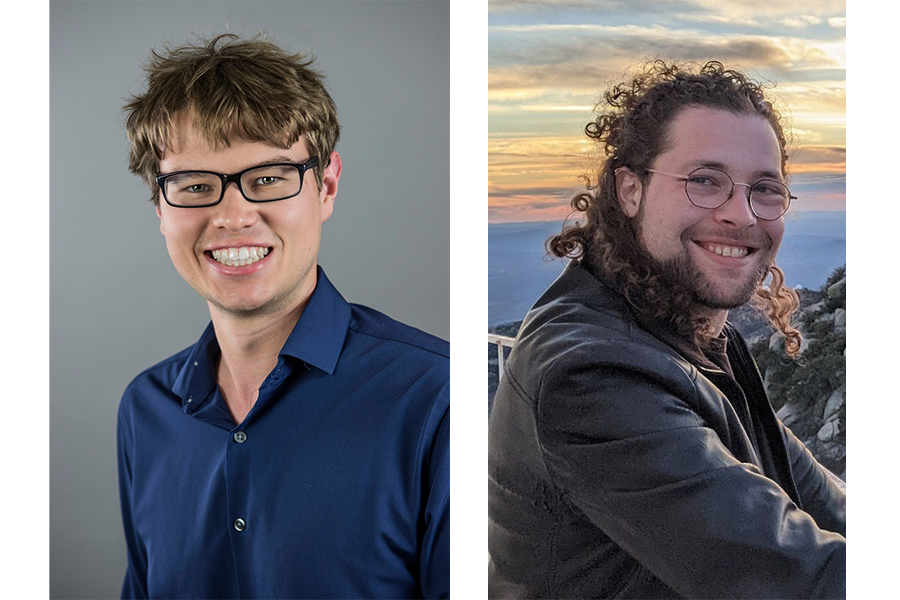
Coughlin and Criswell part of comprehensive UV light survey
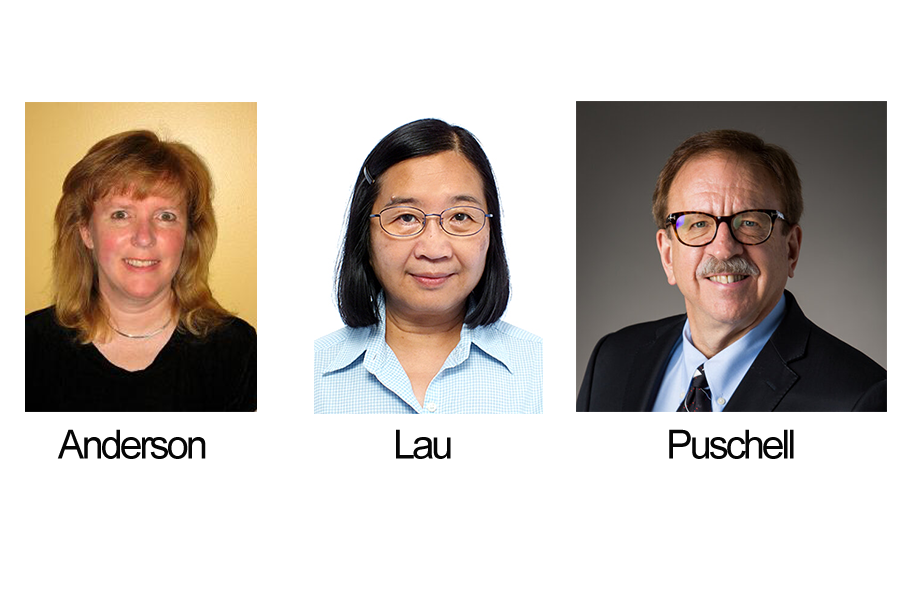
Three School Alumni elected to National Academy of Engineering
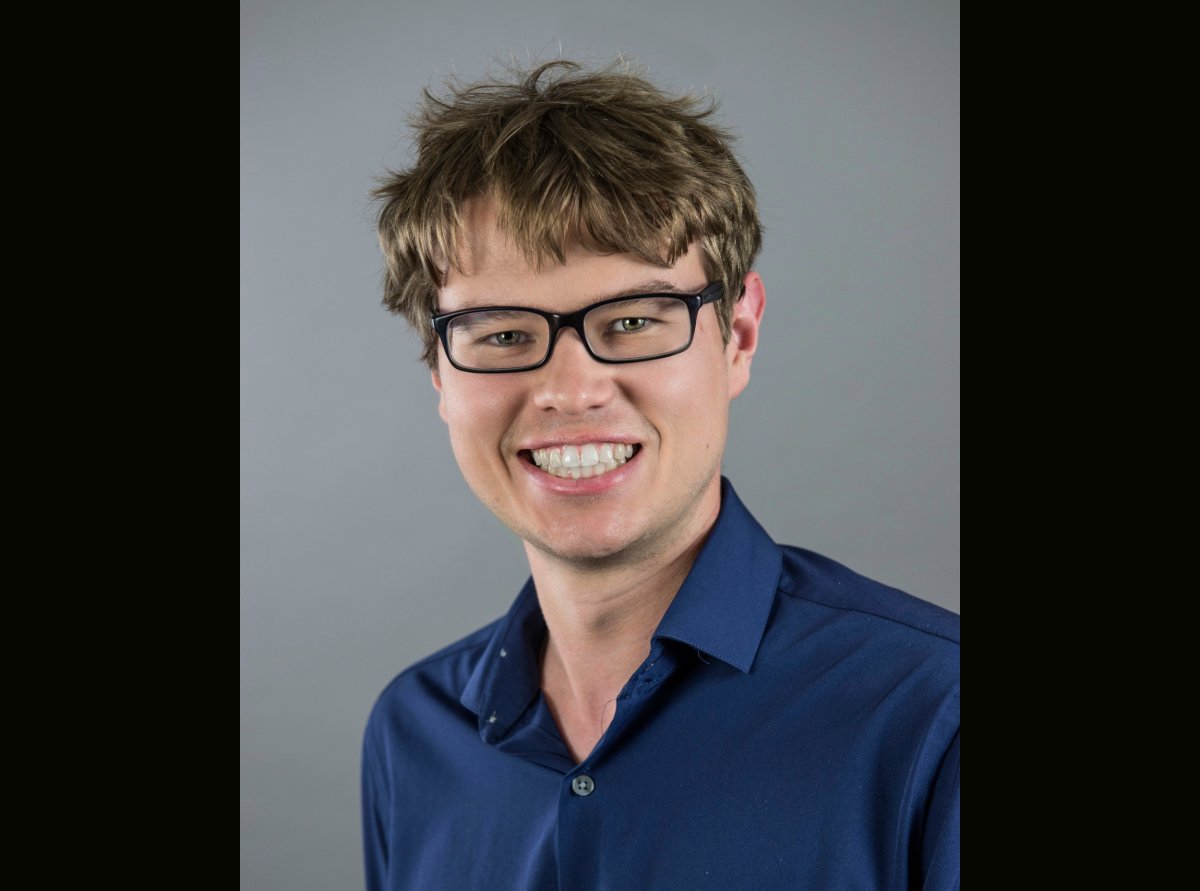
Coughlin receives McKnight Professorship
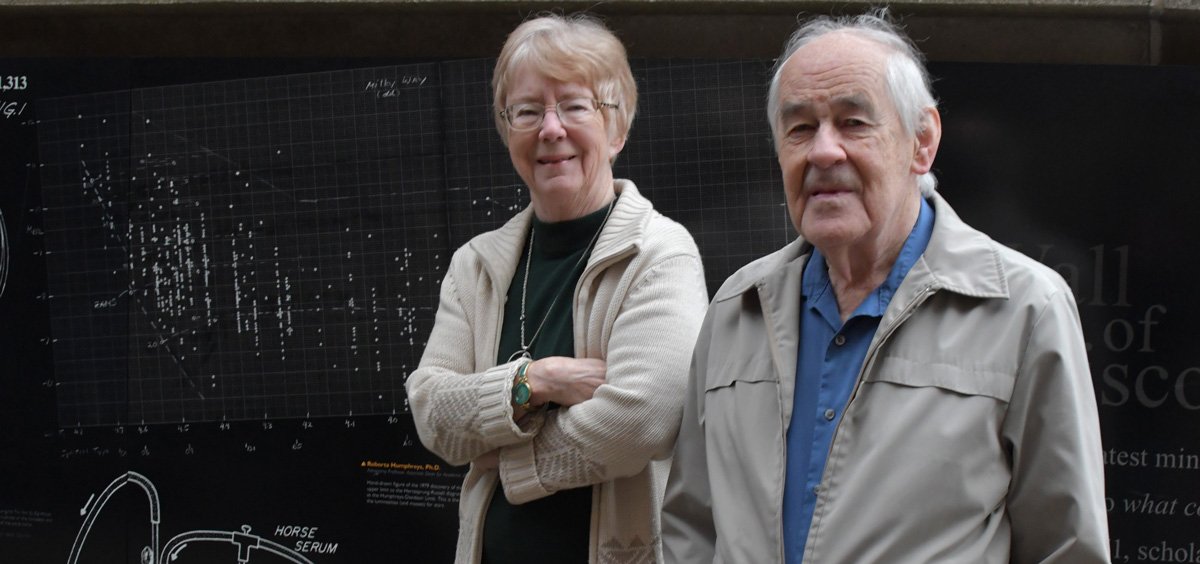
Humphreys Awarded Medal from Royal Astronomical Society
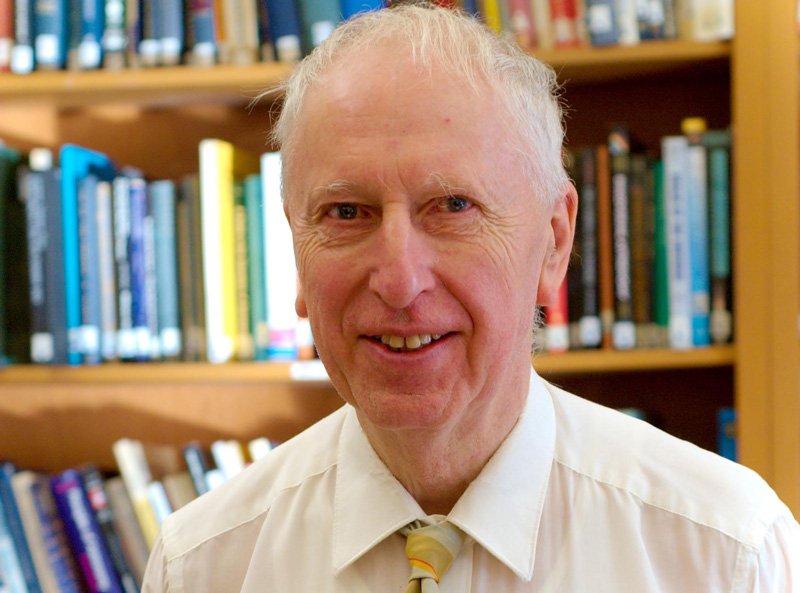
John Broadhurst, 1935 - 2023
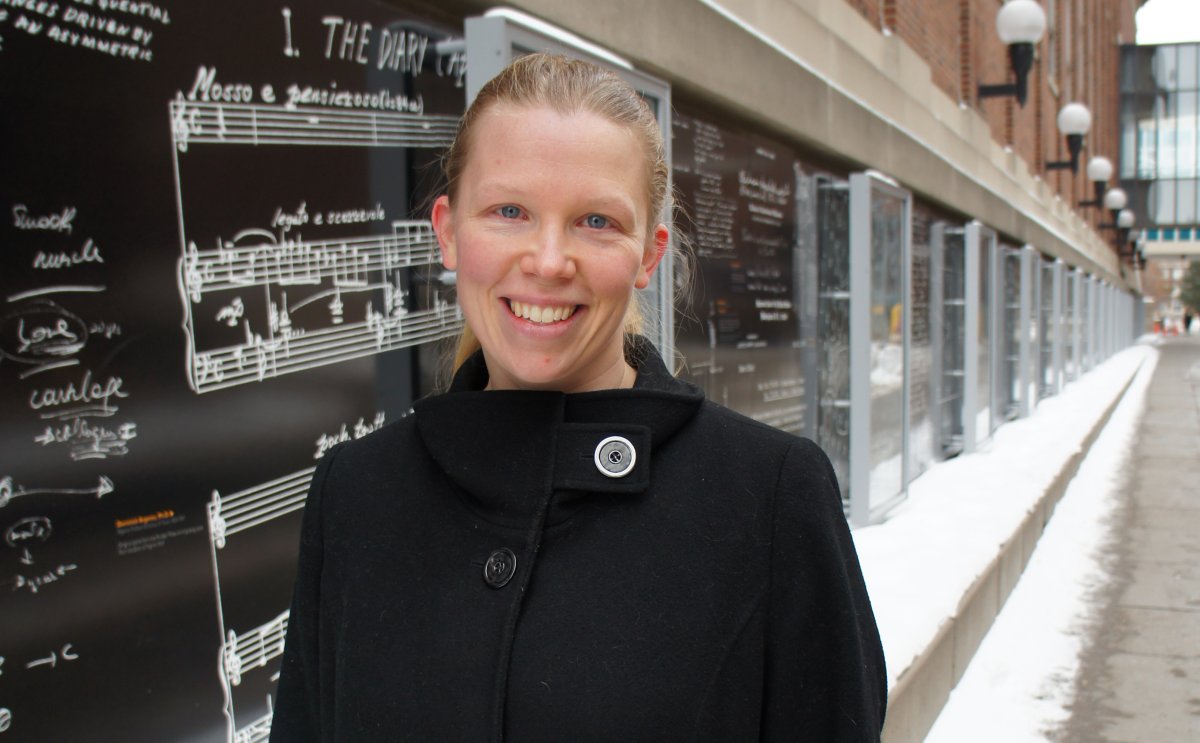
Burnell elected APS Fellow
